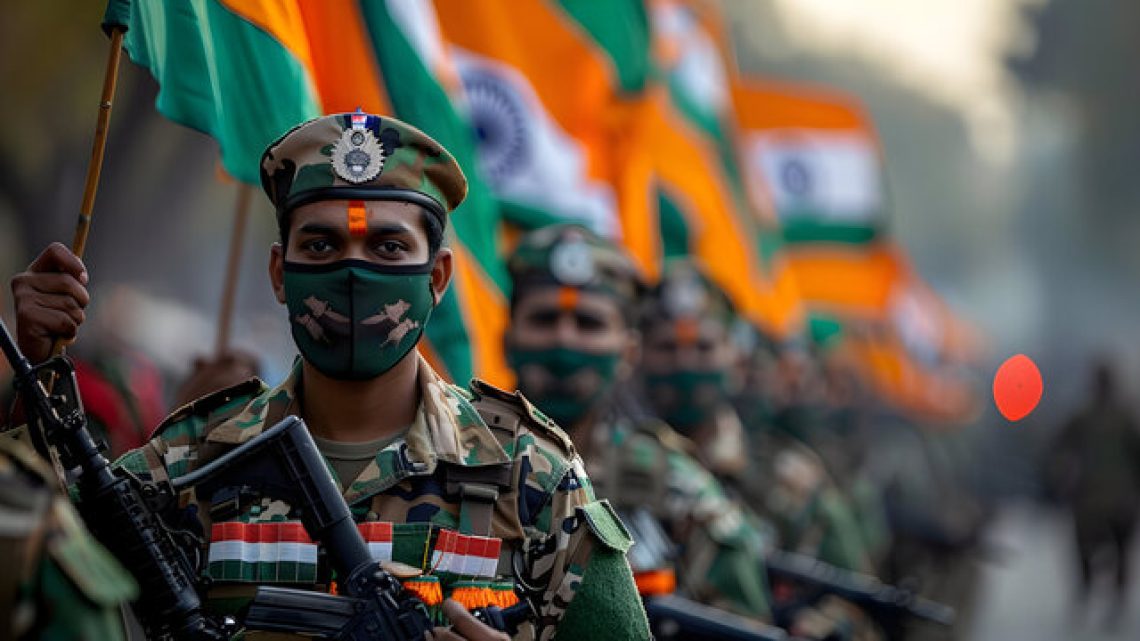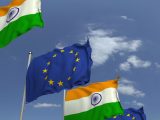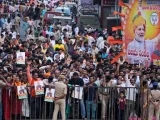
‘Modi ki Sena’? Allegations of Political and Ideological Favoritism Shake Indian Army’s Secular Foundation
November 14, 2024Recent reports suggest a growing influence of Hindutva ideology within India’s armed forces, allegedly fueled by political alignments with the ruling BJP. These developments raise concerns over the potential erosion of secular values and merit-based progression within one of the country’s most vital institutions. The increasing loyalty of some military leaders to BJP ideals has reportedly led to practices that favor those aligned with the party’s Hindutva ideology, resulting in divisions based on region, caste, and institution.
According to reports, officers from certain regions—particularly Uttarakhand and Nagpur—are creating influential power blocs within the military. This alignment, sources claim, has led to regional favoritism and a deepening North-South divide, with northern officers allegedly asserting ethnic and cultural superiority over southern counterparts. Promotions and sensitive postings reportedly prioritize individuals connected to these political blocs, leading to favoritism and internal dissatisfaction.
Concerns about caste and religious biases in military recruitment are also rising. The President’s Bodyguard, a prestigious military unit, recruits exclusively from three castes—Rajputs, Hindu Jatts, and Sikh Jatts—leaving other groups underrepresented. Additionally, David Smith’s “The Wellington Experience” highlights a hierarchy within the ranks, wherein Muslim officers reportedly find themselves capped at lower levels, with senior positions dominated by Hindu officers. These dynamics, critics say, create an environment where identity and ideology overshadow merit.
High-ranking appointments, such as that of General Manoj Pande as Chief of Army Staff (COAS), have also sparked controversy, with accusations of nepotism and loyalty to the BJP and RSS rather than objective qualifications. Veteran Lt. Gen. Prakash Menon recently warned of the dangers of this ideological influence, cautioning that the army must remain a national institution focused on unity rather than political loyalties.
Civil society groups and opposition parties are urged to address this perceived politicization and advocate for balanced representation in the armed forces, calling for the preservation of India’s foundational commitment to inclusivity and meritocracy.

